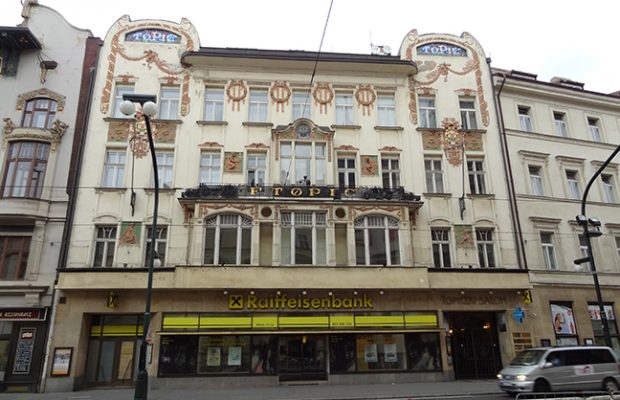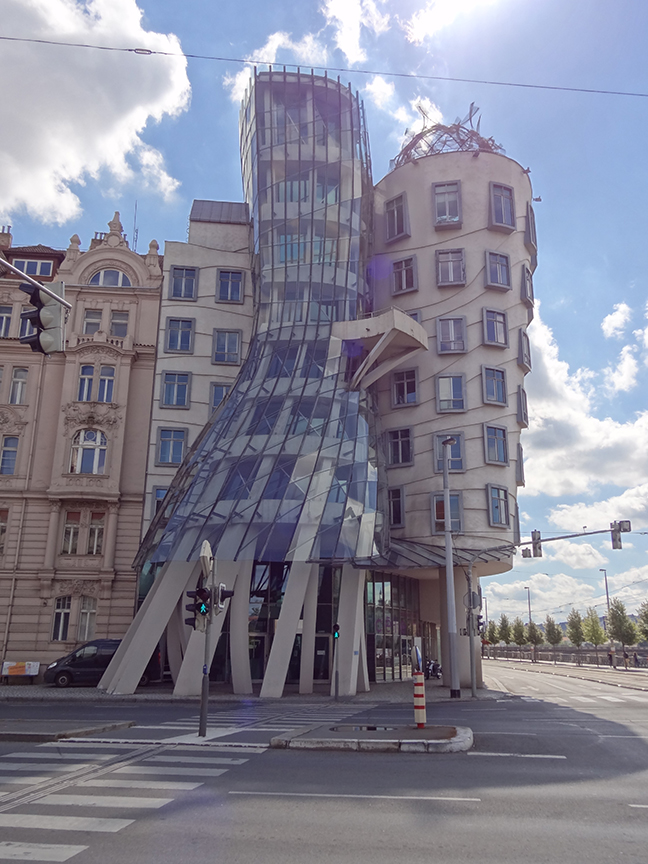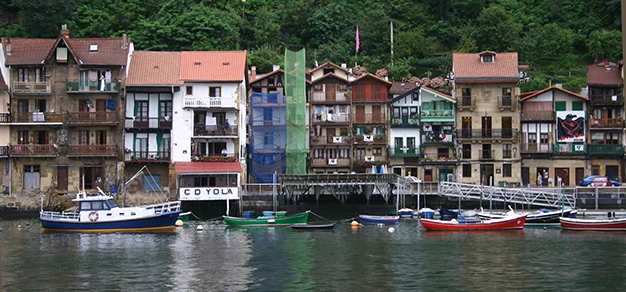- Home
- News
- What’s On
- Activities for Children
- Arts & Crafts
- Autos and Bikes
- Business events
- Car Boot & Auctions
- Charity events
- Churches & Religious
- Comedy
- Dance
- Days out & Local interest
- Education
- Exhibition
- Film
- Gardening & Horticulture
- Health
- Markets & Fairs
- Music
- Nature & Environment
- Spiritual
- Sport
- Talks and Discussions
- Theatre and Drama
- Business
- Local Information
- Jobs
- Deaths
- Charity events
- Contact Us
Should we go back to move forward?

Above: shops with overhead apartments are a common sight on the continent.
We may need to go back and revisit the past before we’re able to move forward.
Let’s face it, in it’s current form the High Street has had it. The impact of the net – Amazon in particular – has done for it. But towns can fight back, satisfy the demand for housing (without touching the greenbelt) and what’s more prosper – it just takes determination and commitment.
When the big retail players went national they destroyed thousands of small independent businesses up and down the country – and many high street properties were sucked up by pension funds and investors.
Many of these properties were extended into adjacent ones creating vast areas of retail space – with the demise of the high street the value of these properties has plummeted – and will continue to fall.
To find a solution maybe we need to look back to the earliest days when all retailers lived over or behind their shops. Fifty years ago this was still common in Macclesfield’s side street shops – but virtually all these have now disappeared – converted into purely residential properties.
To start my first business, in 1978, my wife and I sold our country home – moving into a tiny flat above what was to be my offices – which enabled me to minimise my outgoings and establish the business. Even that property has since been converted into a solely residential one.
First the planning rule books would need to be torn up – giving architects free rein to design cutting edge, low carbon properties that would not only encourage purchasers and investors, but also visitors into the town – just to see how Macclesfield is tackling the issues.
Then throw the vernacular out of the window and come up with breathtaking, cost-effective solutions in unusual materials – that alone should secure a steady stream of visitors.

There must be hundreds of artists, designers, creatives and artisans who’d love to have the opportunity of having a town centre shop front and residence – add to this the number of people aspiring to open business but who find themselves unable to fund both commercial space and a residence – and there should be no shortage of demand.
Given that those people will move into the town centre their existing homes are freed up for others desperate to find a home locally.
You only have to visit the monthly Treacle Market to see the huge number of artisan businesses that see the potential in Macclesfield. Imagine the number of visitors to the town – year in year out if they were all permanently established here.
As the large landlords and pension funds are unlikely to want to get involved in schemes such as these I’m guessing it would be down to local developers, possibly with the help of government or council loans, who would have to undertake the purchase and conversion work. But with retail space values in freefall I’d guess the investors would be only too happy to unload their commercial property portfolios.
If it was a single, larger ‘joined-up’ scheme then maybe a company like Urban Splash would be the way to go, but being as it’s going to take a piecemeal solution I can’t think of anyone better than David Wilcock of BAND Architects – who’s concept work for the proposed Cocoon theatre blew everyone away.

Of course large units would need to be broken up into smaller ones but that should be grist to the mill for an accomplished designer/architect.
Finally, small businesses employ ten times more people per £1000 of turnover than larger ones – so increasing the number of smaller businesses in the town not only offers more employment opportunities but by virtue of the fact that local businesses spend their profits locally – a much greater percentage of income will be retained and spent in the town – rather than disappearing into national company coffers.
High streets have failed for a number of reasons – but I’ve always thought that having the same retail offering in every town was insanity and a sure-fire recipe for disaster.
Maybe addressing the issues of Macclesfield’s town centre in an innovative and original way could not only solve its problems – but really put our town on the map.


You must be logged in to post a comment Login